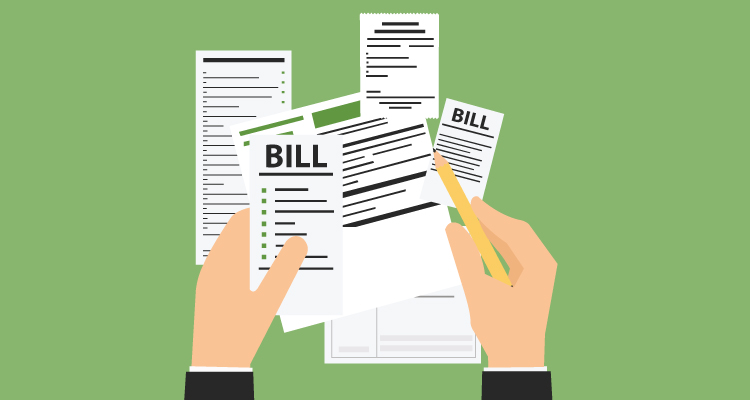Becoming a freelancer has oh-so-many perks. As a freelancer myself, I can say this with complete confidence. One such perk – actually four – is that your personal expenses take a nose dive as soon as you leave the office world.
It’s a little frustrating but believe it or not, you’ve actually been paying to go work for someone else all of these years. Yep. It costs to get to work. It costs to dress for work. Lunches out are far from cheap and often far from optional. You also probably must deal with much more stress than you will as a freelancer. Without further ado, here are four expenses that drop the second you become a freelancer. Enjoy the savings!
Table of Contents
ToggleExpense 1: Clothing
I won’t say that you won’t need professional dress as a freelancer – but you’ll likely need less of it. You can even sell your current inventory to make room for your Hawaiian shirts and flip flops. As a freelancer, you mostly need clothing for attending professional conferences and doing any client meetings. But your day-to-day will likely be more casual. Plus, the world is changing. A suit and tie almost looks out of place in a work setting today. This is great because ‘professional’ dress is expensive anyway. I’m all for dressing like Zuckerberg.
Expense 2: Transportation
Driving to work and back home each day is really expensive. According to AAA, it costs about 60 cents per mile to drive a car. That number jumps even higher if your commute is entirely in the city. Also take into account the time you’ll save as a freelancer. The average American commute is 30 minutes. So you may very well get an extra hour per day to produce more great content for your client. That’s pretty fantastic.
You may also very well become location independent. This means you can live anywhere. You can find a place with cheaper rent/mortgage costs. Or perhaps you enjoy working in a coworking space and you can move within walking distance from one. Freedom is fantastic.
Expense 3:Lunches Out
It’s true, you can and may have brought your lunch to work most days. But for many, lunches out are nearly mandatory, and is a real expense. It’s a time for bonding and collaborating with coworkers. And you may also be pressured into buying snacks throughout the day as well. For many people, the vending machine is too great of a temptation.
As a freelancer, you can do most of your cooking at home. And any lunches out you can now expense to the business.
Expense 4:Headache Medicine
Ha. Yes, as a freelancer you’ll likely have far fewer headaches throughout your day. You may also require fewer massages, therapy sessions and heavier drugs like anti-depressants. As a freelancer, you’re in control of things. If there is something in your life that’s causing you to be frustrated – you have full authority to do something about it. Thus, your life will improve if you let it. It’s just the way the world works. You can get whatever you want – it’s just a matter of reaching out and grabbing it.














